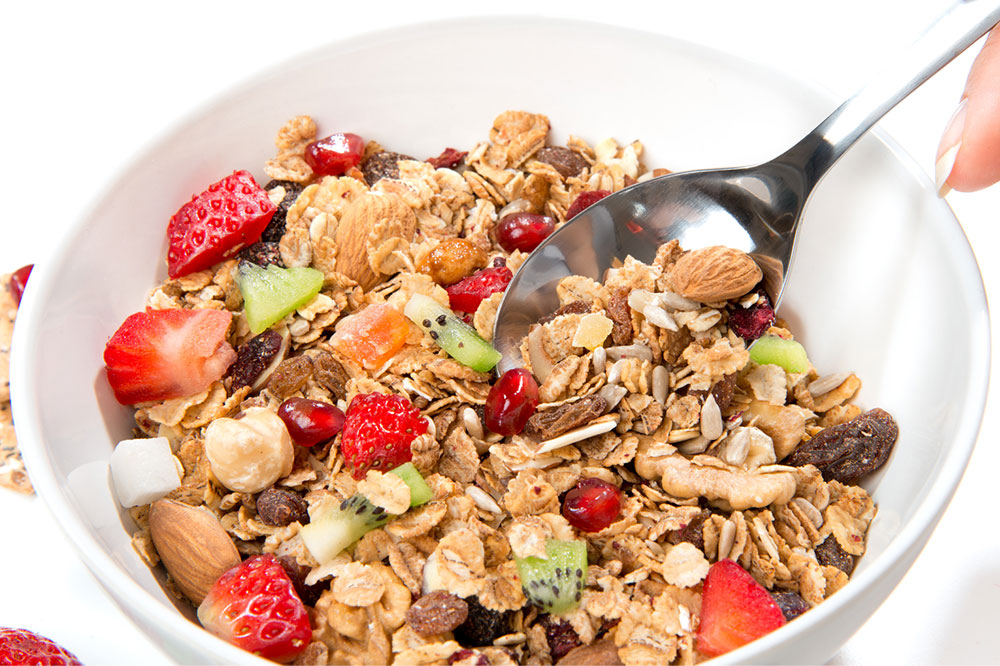Nutritional Tips for Managing Schizophrenia Effectively
This article explores dietary strategies to help manage schizophrenia symptoms effectively. It highlights beneficial foods rich in fiber, vitamins, and omega-3 fatty acids, such as fruits, vegetables, and fatty fish, while advising avoidance of gluten and refined sugars. Proper nutrition can support mental health, reduce associated health risks, and improve quality of life for individuals living with schizophrenia. Consultation with healthcare providers is recommended for personalized dietary plans.

Dietary Guidelines for Supportive Care in Schizophrenia
Individuals living with schizophrenia often struggle with unhealthy eating habits, characterized by low intake of fruits and fiber and high consumption of saturated fats. Such dietary patterns can increase risks for conditions like diabetes and heart disease, complicating their health management. Recent studies suggest that dietary adjustments can positively influence schizophrenia symptoms. Here's a look at optimal and harmful foods for those with schizophrenia.
Recommended Foods
Fruits
To boost fiber intake, incorporate fruits like apples, pears, and raspberries, which help improve digestion and lower cholesterol. Adequate fiber consumption is linked to reduced obesity and cardiovascular risks.
Vegetables
Vegetables such as spinach, sweet potatoes, and asparagus are low in calories and fat, rich in essential vitamins and fiber, and beneficial for health. Spinach, high in folate, can help alleviate some schizophrenia symptoms.
Omega-3 Rich Fish
Fish like salmon and mackerel provide omega-3 fatty acids that are vital for brain health. These nutrients may reduce and even prevent schizophrenia symptoms and decelerate disease progression. Vegetarians can consider walnuts or omega-3 supplements with doctor guidance.
Seafood for Nutrients
Crab, oysters, and clams contain zinc and vitamin B12, essential for mental health. Correct zinc and B12 levels may lower psychosis risks associated with schizophrenia. Vegetarians should consult their healthcare provider for supplements.
Foods to Limit or Avoid
Wheat and Gluten
Many experts suggest reducing gluten intake, as wheat sensitivity might be linked to psychiatric conditions, including schizophrenia. Switching to gluten-free options may benefit some individuals.
Sugary Foods
Foods high in refined sugars, like candies, cakes, and sugary drinks, can increase diabetes risk, complicating schizophrenia management. Limiting sugar intake is advisable to support overall health.
Note:
Our blog offers valuable insights based on research; however, readers should consult healthcare professionals for personalized advice. The site is not liable for inaccuracies or differences in data across sources. Additionally, some beneficial schemes and offers may not be covered here. Always seek expert guidance for health decisions.










